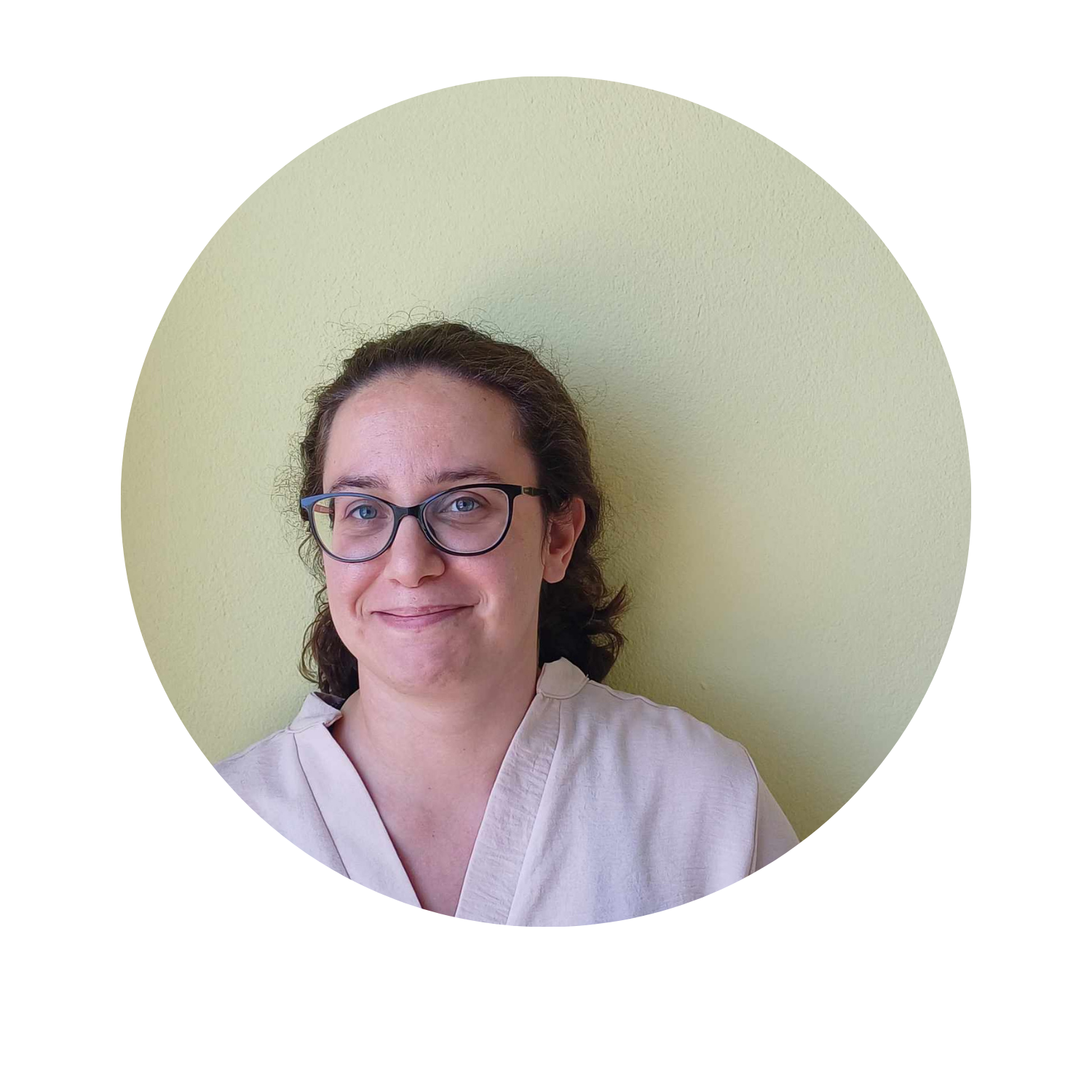National Pilot Interview Greece
Read the National Pilot Interview from Greece and explore all the progress of OSTrails pilot studies. Check the latest on their national activities and learn how they’re progressing with the integration of open science and research assessment. This month we had the pleasure of speaking with Zisis Simaioforidis, Technical Coordinator, Theodora Karaiskou,Librarian and RDM Support Officer at HEAL-Link and Maria Kontopidi, associate at the Athena Research Center. Enjoy!



- Zisis Simaioforidis
- Theodora Karaiskou
- Maria Kontopidi
"The Greek pilot leverages the collaboration between OpenAIRE NOADs, Athena Research Center, and HEAL-Link—two organisations actively involved in shaping policies and enhancing infrastructure to support Open Science implementation in Greece. We are excited to contribute to standardising practices across the three phases of research, which will help us align more closely with the EOSC and create streamlined pathways between services, making it easier for researchers to manage and share all types of scientific information and research outputs."
Elli Papadopoulou, Athena ResearchCenter.
-Can you briefly introduce your organisations? How do they contribute to EOSC?
The Greek pilot for OSTrails builds on the successful collaboration of OpenAIRE NOADs: Hellenic Academic Libraries (HEAL-Link) and Athena Research Center (ARC). The two organisations have been instrumental in advancing the Research Data Management (RDM) landscape in Greece towards more transparent and FAIR practices. Through their involvement in the Hellenic Open Science Initiative (HOSI), which published the National Open Science Plan in 2020, these organisations are actively implementing Open Science policies within their institutions and contribute to the Plan’s wider adoption by Greek research funders and institutions. OSTrails provides us with the opportunity to invest in FAIRifyng data and in management the planning of data activities and outputs, the latter supported by CITE SA.
HEAL-Link manages significant infrastructure projects such as HARDMIN, a federated data repository infrastructure that supports 15 Greek universities and serves as the academic backbone of HELIX, the Hellenic Data Service managed by ARC. These initiatives are designed to enhance the interoperability of Greek data repositories with the European Open Science Cloud (EOSC) by integrating services such as Persistent Identifiers (PIDs) and machine-actionable DMPs (maDMPs). Furthermore, ARC is a member of the EOSC Association, a founding member of OpenAIRE that serves as a pillar infrastructure for EOSC, and recently has been coordinating the project that is building and deploying the EOSC EU Node.
Our work complements each other to ensure that Greece is well-integrated into the EOSC ecosystem, facilitating open and FAIR (Findable, Accessible, Interoperable, and Reusable) data practices across its regions and public sectors.
-What are you most excited about in OSTrails? What are you looking forward to?
As part of the Greek pilot, at HEAL-Link we are particularly enthusiastic about the opportunity to significantly enhance the adoption of FAIR principles within the national research ecosystem. The pilot is working on developing customised DMP templates that align with the specific needs of Greek institutions and national policies. These templates will be machine-actionable, allowing for greater automation in data management processes and improving the interoperability of Greek data services with the broader European infrastructure.
This project represents a critical step towards breaking down silos within the Greek research community, fostering better communication between researchers and data stewards, and aligning national practices with European standards. With ARC and CITE we share the prospect of culminating these efforts to shift the Greek research landscape into a FAIR-enabling and open research ecosystem.
-How is planning, tracking and assessing research being realised in your country?
In Greece, research planning, tracking, and assessment are guided by a combination of national policies and institutional frameworks. The National Open Science Plan, published by HOSI in 2020, serves as the foundation for Open Science practices across Greek institutions. Both of us, HEAL-Link and ARC, lead the developments of HOSI, guiding and supporting others in implementing these policies. This year, the General Secretariat for Research and Innovation included open access requirements in national calls of EREVNO KAINOTOMO, while similar provisions had been introduced in the past by the Hellenic Foundation for Research and Innovation (ELIDEK).
At the university level of HEAL-Link, we perform research assessment by manually collecting and analysing data, primarily focusing on bibliometrics. At ARC we are developing tools for tracking and assessing research outputs, including a demo monitor for projects funded by the GSRI. ARC’s involvement in the Coalition for Advancing Research Assessment (CoARA) and its participation in projects like GRASPOS further highlight its commitment to reforming the research assessment landscape in Greece.
The Greek pilot also plans to test and evaluate new methods and tools for research assessment, with a focus on aligning these practices with both national and European standards. This work will help ensure that Greece’s research ecosystem is not only compliant with Open Science principles but also competitive on the global stage.
-Can you provide some details on your pilot's main actors, services and priorities? How will your pilot adopt the results of OSTrails?
The Greek pilot is spearheaded by HEAL-Link and ARCand supported byCITE SA, a key service provider in the Greek public sector. Our primary focus is to enhance the interoperability of Greek data repositories and enrich their metadata and semantics by utilising the OpenAIRE Graph as well as configure and connect them with tools to support FAIR data management planning and sharing. The services that will be employed for the pilot’s implementation are HARDMIN data repository infrastructure, ARGOS-GR DMP platform, and PID infrastructure.
Key activities to be performed include the development of maDMP templates, the assessment of FAIRness in university repositories, and the implementation of policies that align with the National Open Science Plan.
The Greek pilot will co-develop and adopt the results of OSTrails by integrating them into the national research ecosystem. This involves our existing national and thematic data services to follow the interoperability frameworks for SKGs, DMPs and FAIR assessment delivered by the project so that their outputs are exchanged seamlessly and in an automated way. Moreover, we will configure maDMP templates to meet the specific needs of Greek institutions and funding bodies.
-Ongoing activities and Next Steps?
Currently, the Greek pilot is in the preparatory phase of establishing the necessary technical infrastructure to support its objectives. This includes the development of suitable metrics for Research Data Management (RDM) and the assessment of data deposit policies within Greek universities. The pilot is also working on aligning its activities with the upcoming national policies that GSRI intends to implement, particularly concerning Open Access and DMPs in national project calls.
Next steps for the pilot include:
- Community Engagement to establish a community of stakeholders, including researchers, librarians, and data stewards, who will be involved in testing and refining the tools and services developed by the pilot.
- Cross-Pilot Collaboration within the OSTrails project to share best practices, align methodologies, and contribute to the overall success of the project.
To learn more about our Open Science efforts, visit also:
